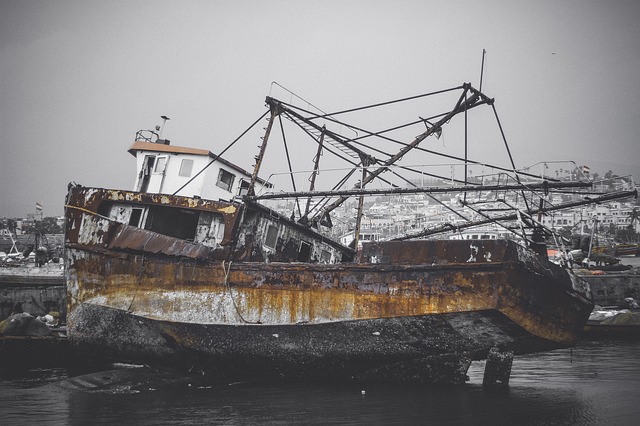Last Updated on March 20, 2018 by Emily Herrington
What is a seaworthy ship?
 “Seaworthy” essentially means that the ship or vessel is well-maintained, is manned by adequate and properly trained employees and that it is functioning, sound and hazard-free.
“Seaworthy” essentially means that the ship or vessel is well-maintained, is manned by adequate and properly trained employees and that it is functioning, sound and hazard-free.
Specifically, a seaworthy vessel:
- has enough trained crew to maintain and operate it properly;
- is in condition to withstand the expected dangers and hazards of waters;
- is capable of performing its intended use or function;
- has the proper safety gear and equipment on board;
- has adequate onboard safety practices in place; and
- is safe for those on board.
A seaworthy ship should be safe for boarding, loading, living on, working on and, finally, debarking at the final destination.
What is an unseaworthy ship?
To be considered unseaworthy under the Jones Act, a vessel must be unfit for navigation, ill-maintained or unsafe in some way and pose a danger to those on board.
Some common unseaworthy conditions include:
- not having an adequate number of crew members to operate the ship properly;
- improperly trained crew members;
- broken, worn or old equipment that poses a danger to those on board;
- slippery, cluttered or hazardous decks or walkways that can cause passengers and workers to slip;
- inadequate safety gear and equipment, such as life vests, rafts or fire extinguishers;
- inadequate evacuation plans in the event of an emergency; and
- the presence of asbestos or other harmful substances.
Employees hurt on board because unsafe conditions existed could have grounds for a claim based on unseaworthiness and be due compensation for the injuries they suffered.
Filing a Jones Act Claim
When filing a claim of unseaworthiness under the Jones Act, the victim does not need to prove the shipowner or employer was aware of the dangerous condition or that they failed to tend to it. Unseaworthiness is an area of strict liability, so the victim simply needs to show that the hazard existed.
If successful, a claim of unseaworthiness could entitle victims to a number of benefits, including:
- lost income and wages, including those already lost because of the injury and those that the victim expects to lose while recovering;
- pain and suffering; and
- medical costs and treatment expenses, including the expenses already incurred, as well as those that will be required in the future to continue treating the injury.
Even if victims have already been awarded unearned wages and maintenance/cure benefits under the Jones Act, they still can recover damages through a claim of unseaworthiness under the Jones Act. For more information or to begin filing a claim, victims should call 504-680-4100 today to speak with an attorney at The Young Firm in New Orleans.

